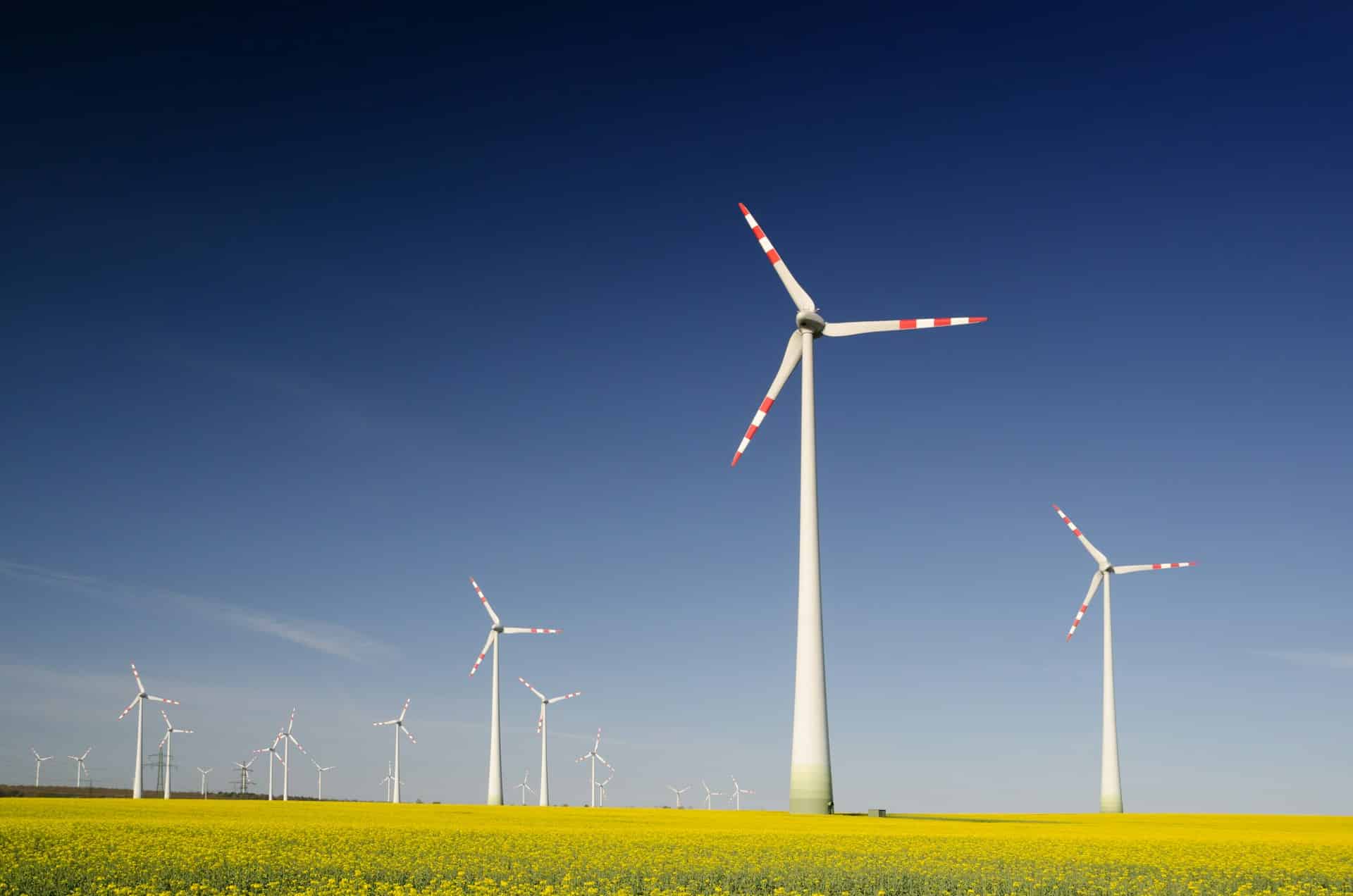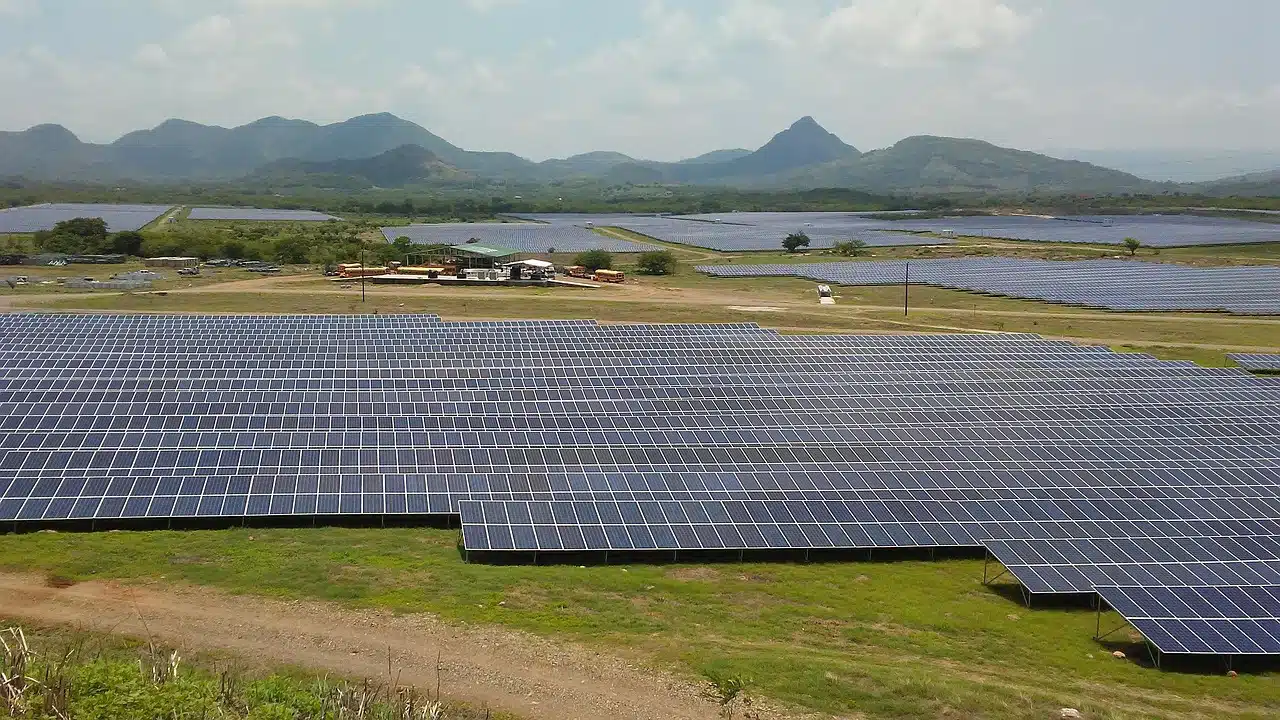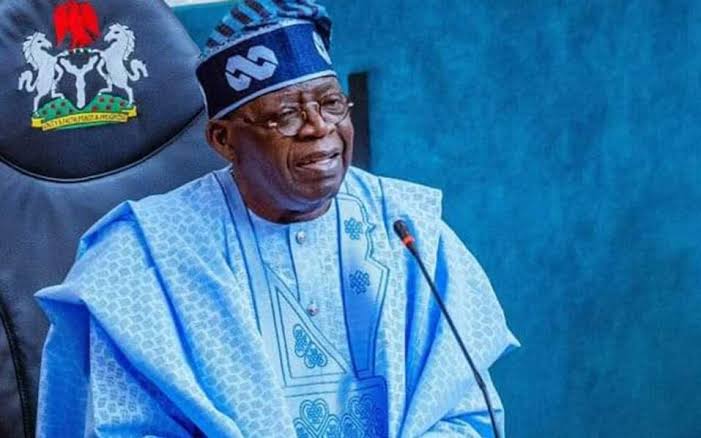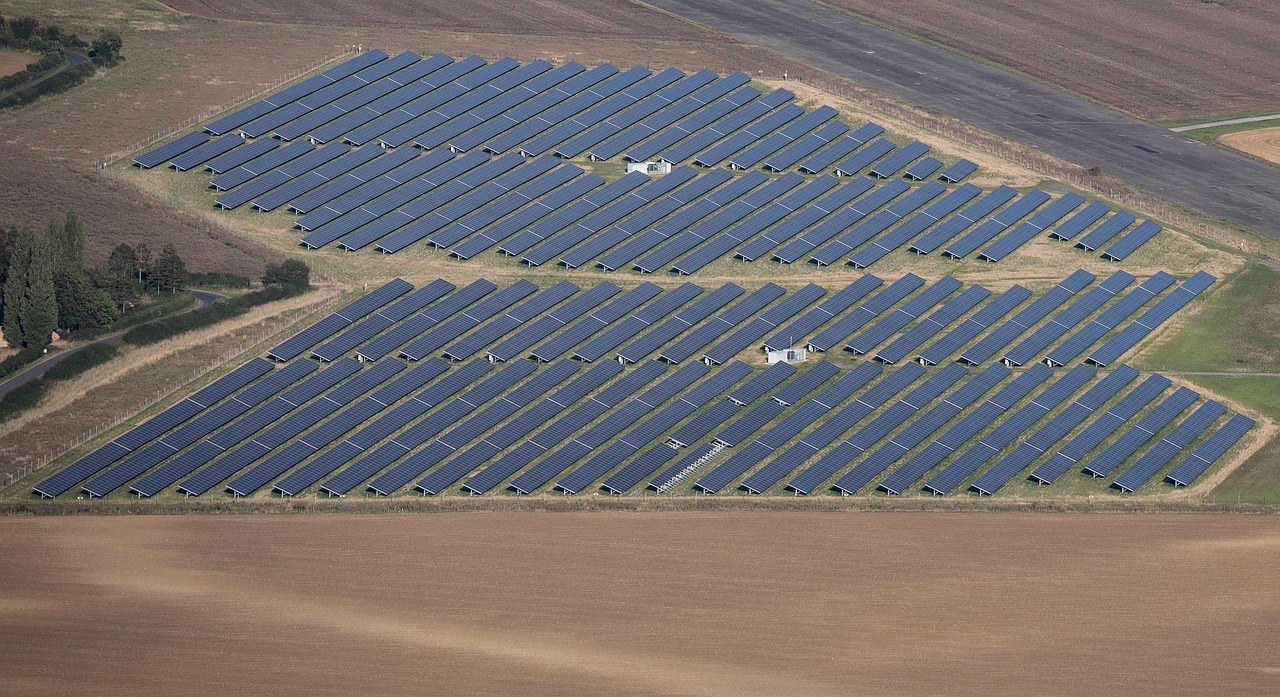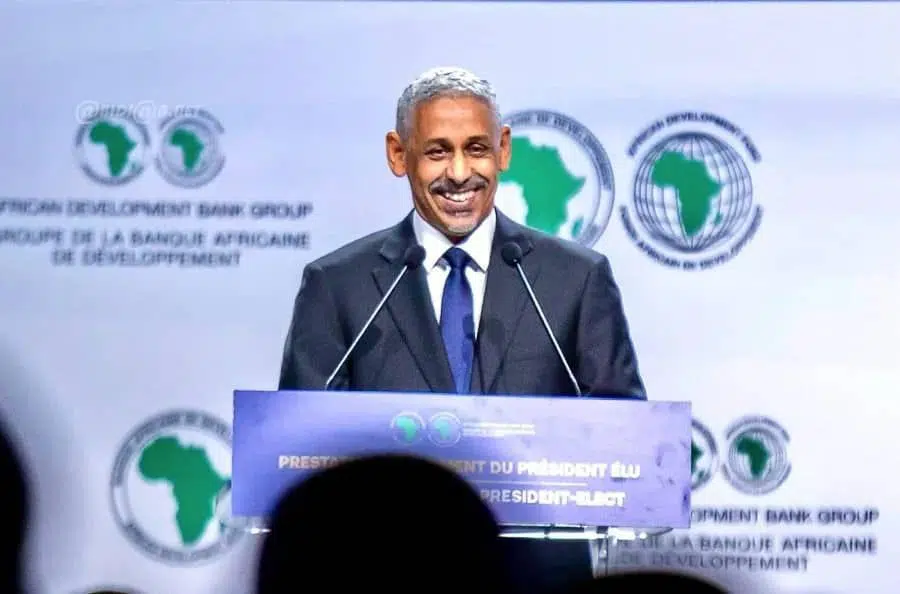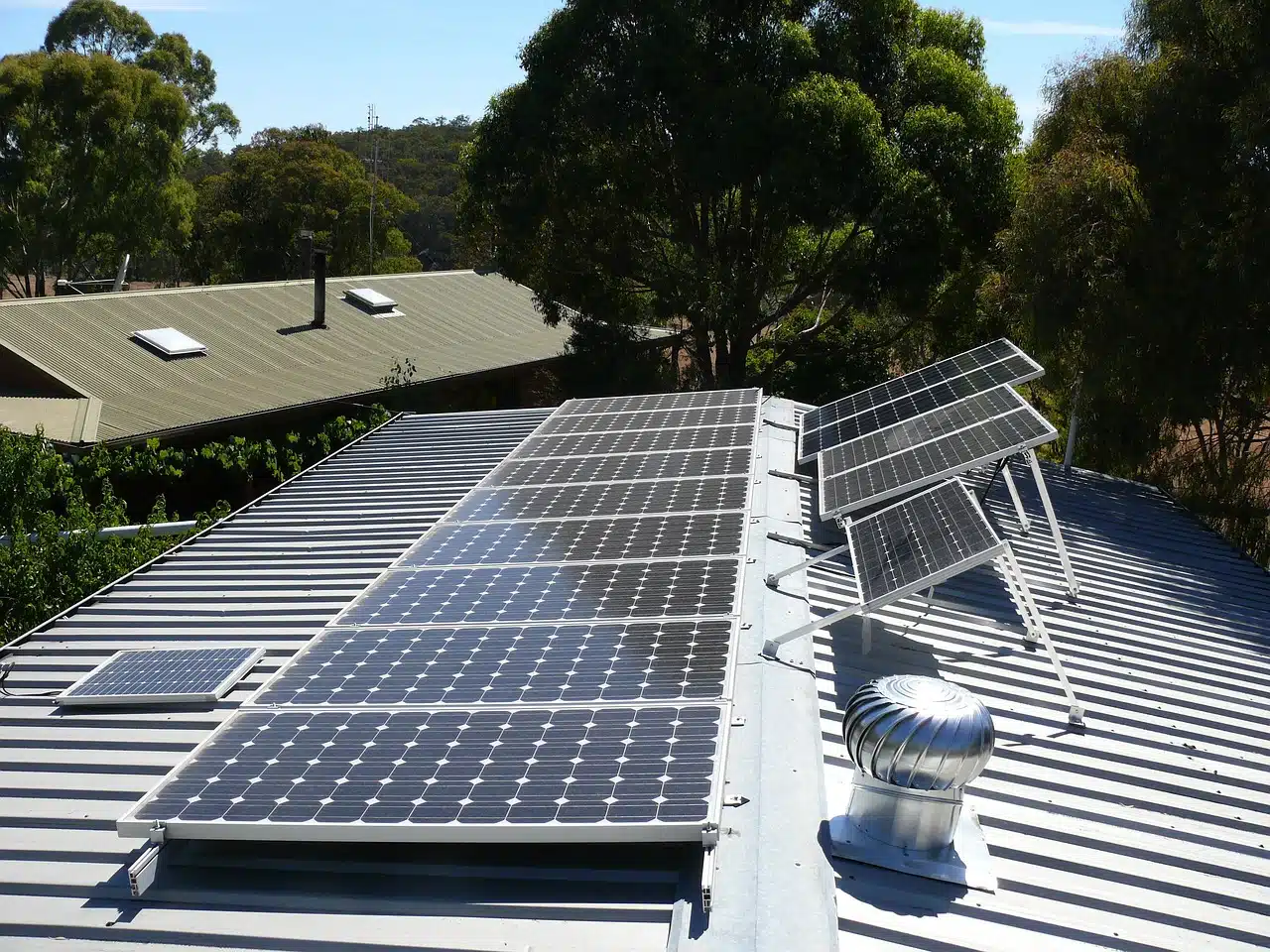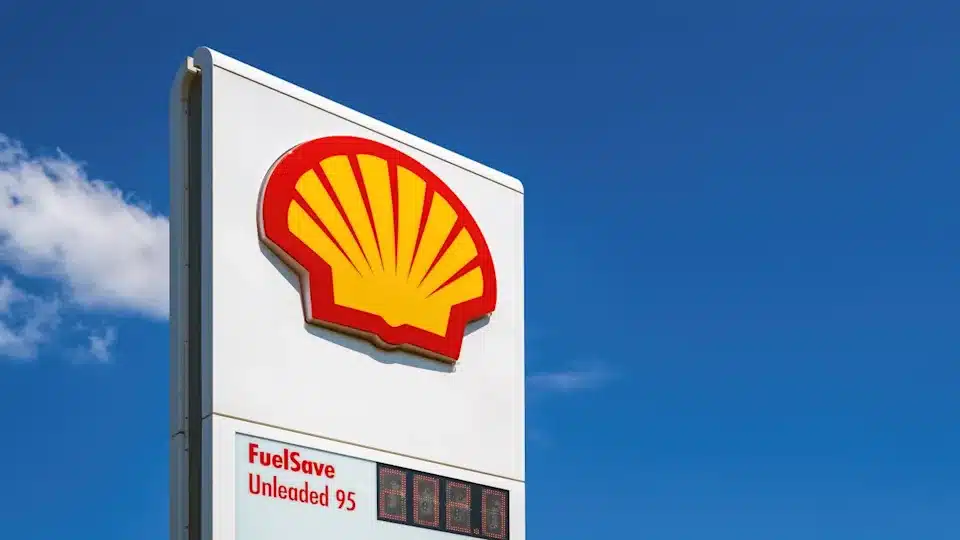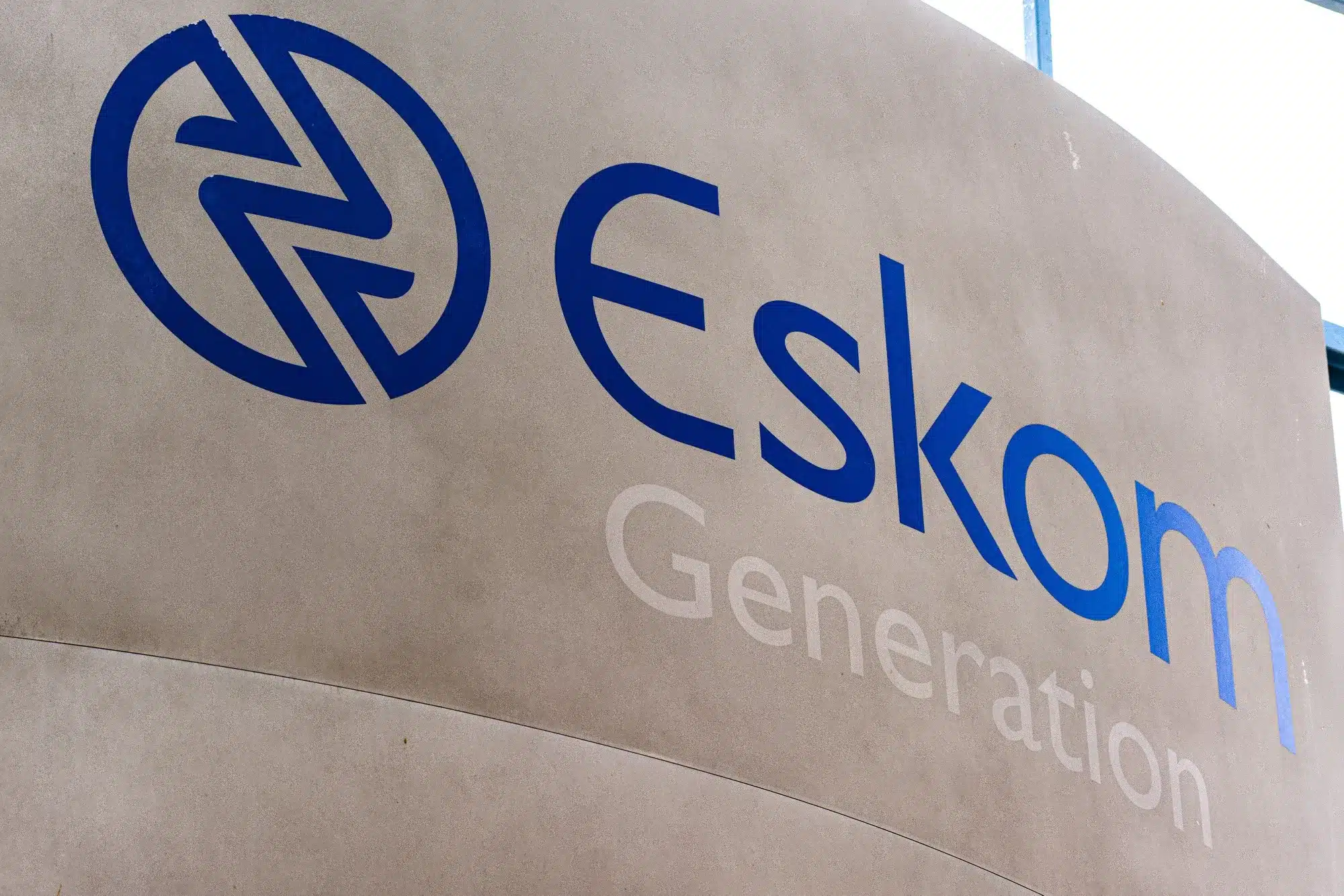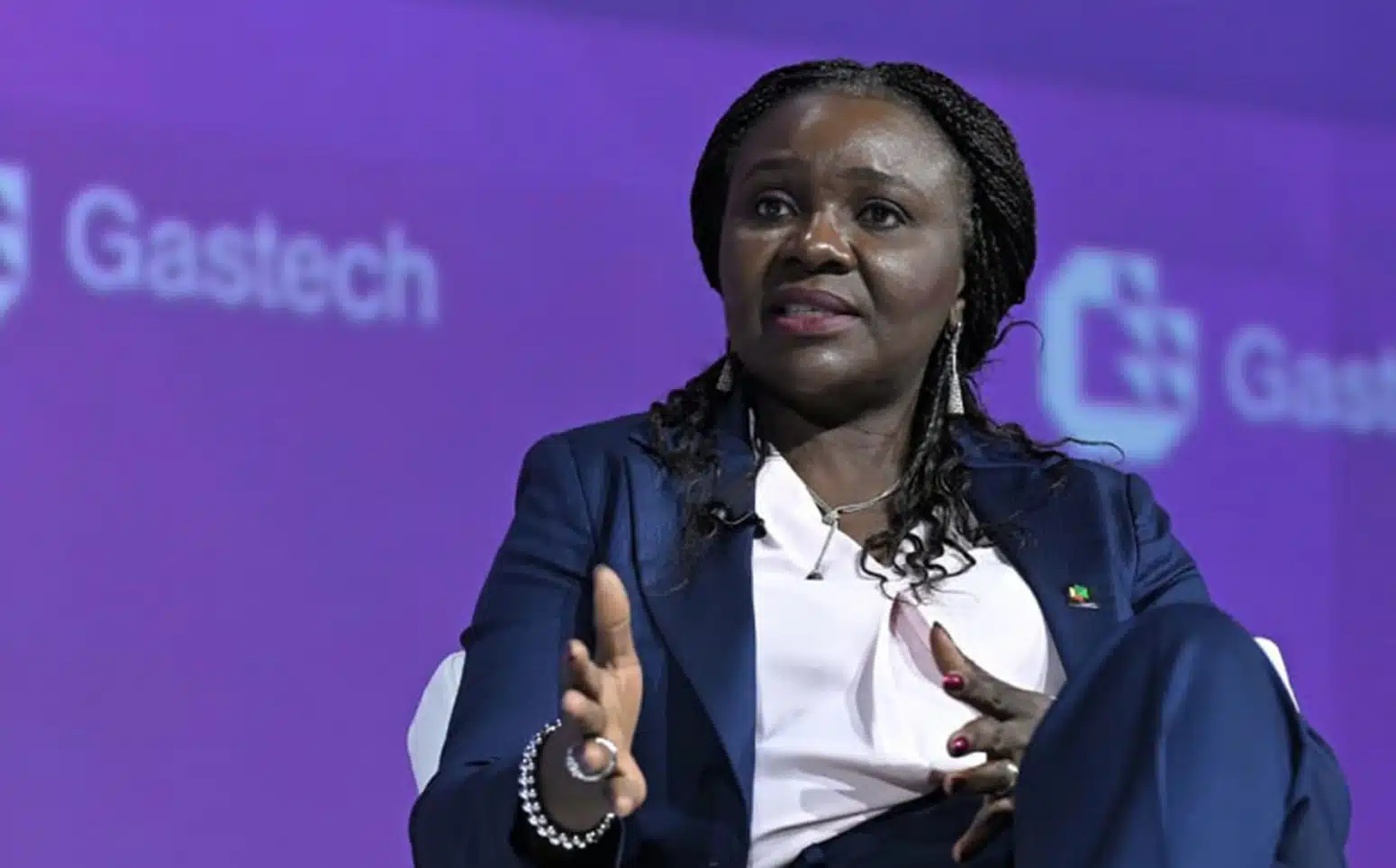Africa has secured a landmark $100 billion investment commitment to accelerate renewable energy expansion and drive green industrialisation, following a major cooperation deal signed at the Second Africa Climate Summit in Addis Ababa, Ethiopia.
The Kenyan President William Ruto, disclosed that the agreement unites Africa’s leading development finance institutions and commercial banks, including the African Export-Import Bank.
Under the deal, Kenya will host the secretariats of the Africa Green Industrialisation Initiative and the Accelerated Partnership for Renewables in Africa, positioning the continent as a hub for climate action and renewable energy leadership.
“Our financiers committed to mobilise up to $100 billion to power Africa’s green industrialisation driven by our continent’s abundant renewable energy”, Ruto said in a statement on Monday.
The partners included the African Export-Import Bank (AfreximBank), Africa50, Stanbic Bank Kenya, Equity Group Holdings, Kenya Commercial Bank Group, and Ecobank Transnational Inc.
The commitment marks a crucial step in developing investment-ready green projects across the continent.
Solar imports surge across Africa
Moreover, Africa recorded a sharp rise in solar panel imports, bringing in 15,032 MW between July 2024 and June 2025, up 60% from 9,379 MW the year before, according to Ember’s analysis of Chinese export data.
The growth reflects accelerating investment in renewables across the continent, as governments and businesses expand clean energy access while deepening trade links with China, the leading solar exporter.
This marks the continent’s strongest signal yet of a shift to renewable energy as governments and businesses seek cheaper, more reliable alternatives to fossil fuels.
While South Africa had previously dominated imports amid its power crisis, the latest growth, with Nigeria overtaking at 1,721 MW, followed by Algeria with 1,199 MW.
Algeria’s imports rose 33-fold, Zambia, Botswana, and Sudan also increased.
In total, 20 countries hit new records for solar panel imports, while 25 countries imported at least 100 MW, compared to 15 in the previous year.
Smaller economies such as Liberia, Benin, Angola, Ethiopia, and the Democratic Republic of Congo tripled their imports.
Potential to transform electricity access
If fully installed, the imported panels could significantly boost power generation across multiple countries.
Ember estimates that Sierra Leone’s solar imports alone could generate electricity equivalent to 61% of the country’s 2023 output, while Chad’s imports could meet 49%.
In total, 16 African countries could record a rise of more than 5% in electricity generation if the panels are deployed.
Analysts, however, cautioned that weak data on installation creates uncertainty over how much of the imported capacity will translate into actual supply.
Fuel savings and economic gains
Beyond expanding access, solar imports present major cost-saving opportunities.
In Nigeria, avoiding diesel use could allow solar panels to repay their cost within just six months.
Across the continent, nine of the ten largest solar importers spent 30 to 107 times more on refined petroleum imports than on solar panels, highlighting both the dependence on fossil fuels and the potential economic gains from scaling renewables.
Dave Jones, Ember’s chief analyst, described it as a “pivotal moment” for Africa stating that the tracking and reporting these changes properly will ensure the world’s cheapest electricity source delivers on its promise to transform the continent.”
Financing to close Africa’s green investment gap
Despite holding 60% of the world’s solar resources and significant hydro, wind, and geothermal potential, Africa currently attracts less than 3% of global energy investments.
The new $100 billion deal is designed to close that gap by scaling up sustainable finance, harmonising regulatory frameworks, and leveraging technical expertise.
According to financiers, the measures are aimed at expanding renewable-powered industries, strengthening regional value chains, and establishing Africa as a global hub for sustainable trade,” financiers said in a joint statement.
In a related development, the African Development Bank (AfDB) recently announced a $40 million commitment to the Alliance for Green Infrastructure in Africa Project Development Fund (AGIA-PD), helping the fund reach an initial close of $118 million.
AfDB Vice President Solomon Quaynor said the $40 million package was structured to de-risk early-stage projects and attract private investors.
It comprises $20 million in grants, $10 million in commercial equity, and $10 million in junior equity.

